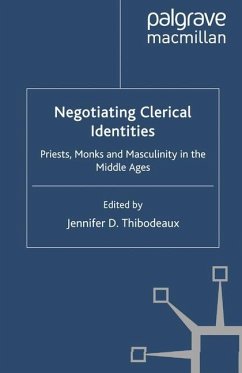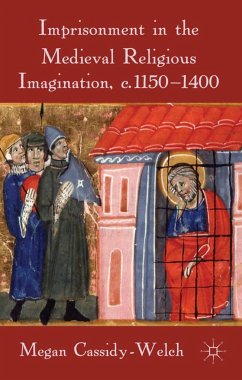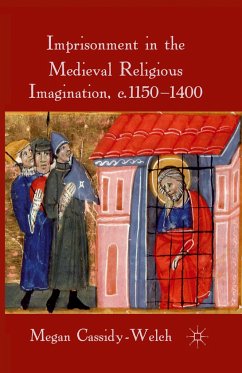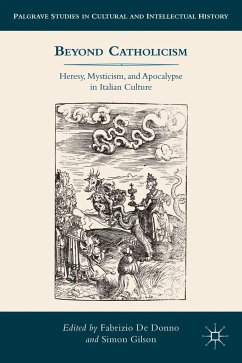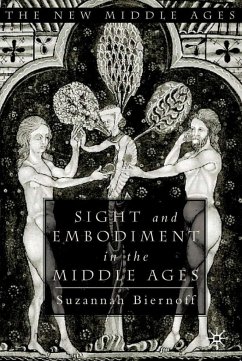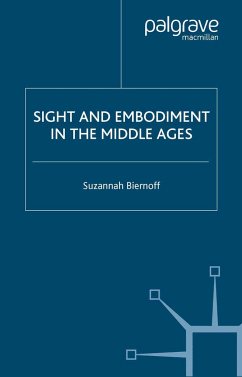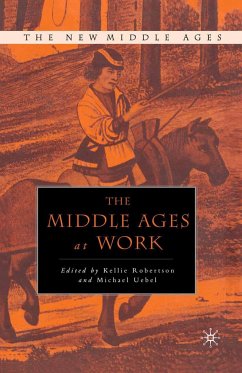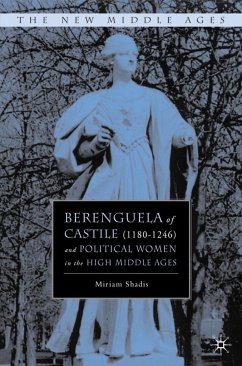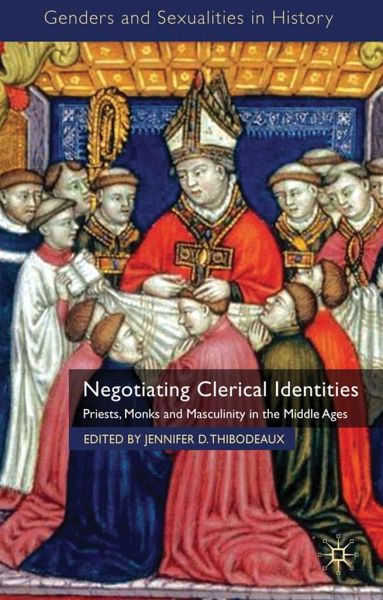
Negotiating Clerical Identities
Priests, Monks and Masculinity in the Middle Ages
Herausgegeben: Thibodeaux, J.

PAYBACK Punkte
19 °P sammeln!
Clerics in the Middle Ages were subjected to differing ideals of masculinity, both from within the Church and from lay society. The historians in this volume interrogate the meaning of masculine identity for the medieval clergy, by considering a wide range of sources, time periods and geographical contexts.





